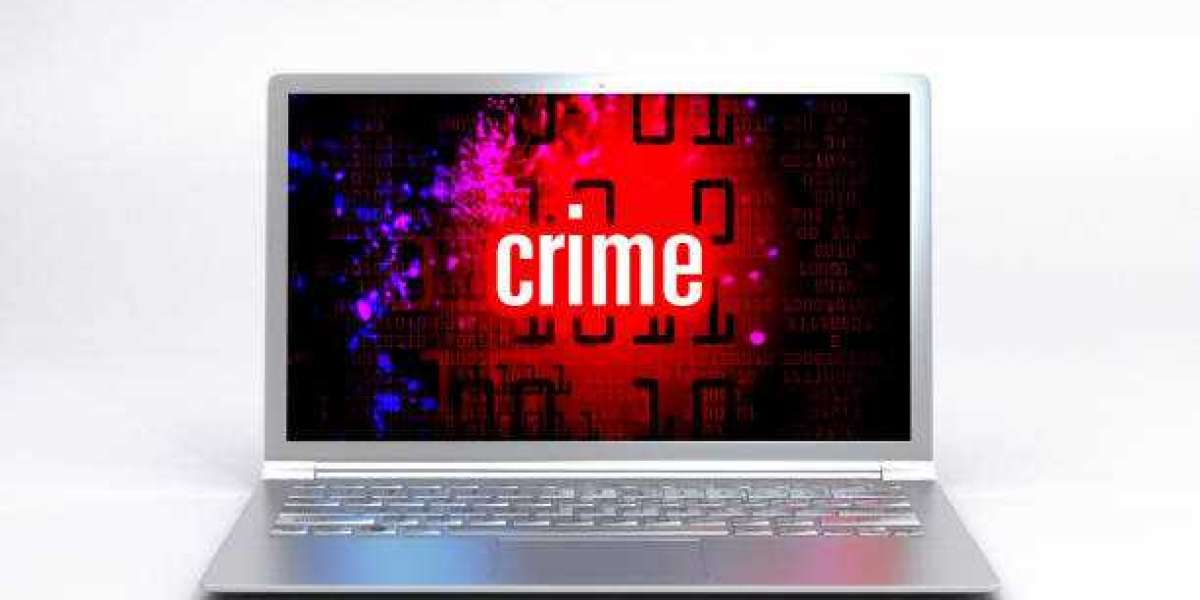In today's digital age, YouTube has become a cornerstone of online entertainment and education, offering a vast repository of videos spanning diverse topics. However, as users navigate this sea of content, they may encounter situations where they wish to download videos for various purposes such as offline viewing, archiving, or sharing. This desire has given rise to a category of software known as YouTube downloaders. While these tools offer convenience and flexibility, they also raise important ethical and legal questions that warrant careful consideration.
Understanding YouTube Downloaders:
YouTube downloaders are software applications or online services that allow users to save YouTube videos to their devices. These tools typically work by extracting the video file from YouTube's servers and storing it locally in a compatible format. Some downloaders even offer additional features like batch downloading, video conversion, and subtitle extraction.
Ethical Considerations:
The use of YouTube downloader raises ethical concerns, primarily regarding copyright and intellectual property rights. When users download videos from YouTube without proper authorization, they may be infringing on the rights of content creators and violating YouTube's terms of service. This can potentially harm the creators' ability to monetize their content and undermine the platform's ecosystem.
Moreover, downloading videos without permission can deprive creators of valuable metrics such as view counts, likes, and comments, which are crucial for their success on the platform. Additionally, it may discourage creators from producing high-quality content if they feel their work is being exploited without fair compensation.
Legal Implications:
From a legal standpoint, the legality of YouTube downloaders varies depending on jurisdiction and intended use. In many countries, downloading copyrighted content without permission constitutes copyright infringement, which is a violation of intellectual property laws. YouTube's terms of service explicitly prohibit the downloading of videos without prior authorization, and the platform actively employs measures to deter and penalize such behavior.
However, there are exceptions to these rules, such as fair use provisions that allow for limited use of copyrighted material for purposes such as criticism, commentary, and education. Additionally, some jurisdictions may have laws that permit downloading for personal use or other specific purposes, provided certain conditions are met.
Navigating the Gray Area:
Despite the ethical and legal challenges associated with YouTube downloaders, there are instances where their use may be justifiable. For example, educators or researchers may need to download videos for offline use in classrooms or academic presentations, provided they adhere to fair use guidelines and respect copyright laws.
Similarly, individuals living in regions with limited internet access may rely on downloaded videos for educational or entertainment purposes where streaming is not feasible. In such cases, YouTube downloaders can serve as a valuable tool for bridging the digital divide and expanding access to knowledge and information.
Conclusion:
YouTube downloaders occupy a contentious space at the intersection of technology, ethics, and law. While they offer convenience and utility to users seeking to save or share online content, they also Youtube Converter raise important questions about copyright, intellectual property, and fair use. As such, it is essential for users to approach the use of YouTube downloaders with caution, considering the ethical and legal implications of their actions. Ultimately, striking a balance between convenience and respect for creators' rights is key to ensuring a sustainable and equitable digital ecosystem for all stakeholders involved.








